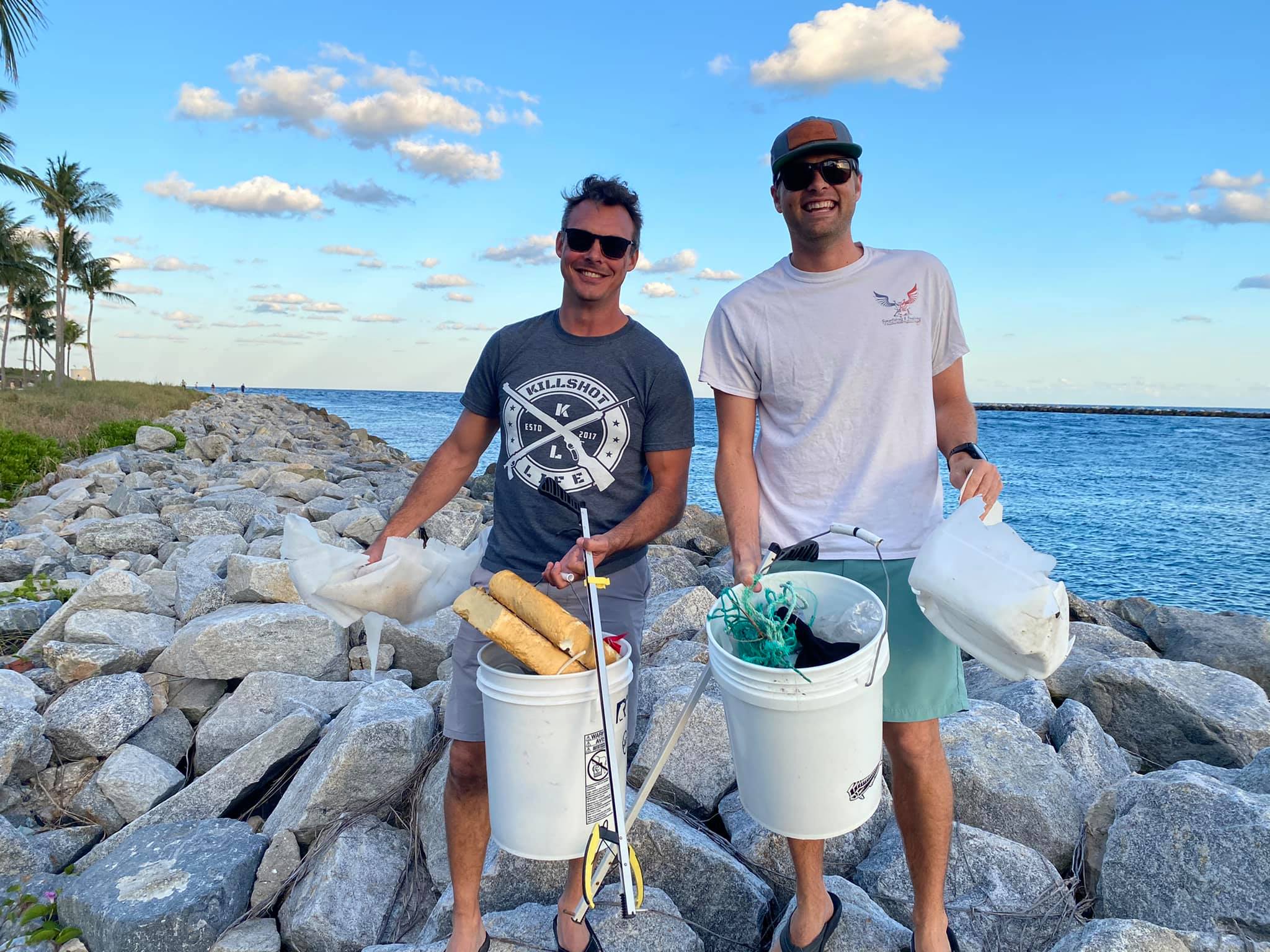How Hunting Benefits Wild Game Populations - Pittman-Robertson
Share
While opponents to hunting paint the activity as a detriment to wildlife and the balance of natural populations, there are many examples of the benefits provided by hunters to the wild. One such example is the Pittman-Roberson act.

The Pittman-Robertson Act, also known as the Federal Aid in Wildlife Restoration Act, is a United States law that has provided significant benefits to game populations across the country. Passed in 1937, the act imposes an excise tax on hunting equipment and ammunition, with the revenue generated used to fund conservation and wildlife management programs.
One of the key ways that the Pittman-Robertson Act has benefited game populations is by providing funding for habitat management and restoration. This includes activities such as planting trees and shrubs, controlling invasive species, and restoring wetlands and other critical habitats. By improving the quality and availability of habitat, the act helps to support healthy game populations and promote sustainable hunting.
The act has also supported the development of conservation programs that focus on specific species or habitats. For example, the funds generated by the act have been used to support research and management of game species such as deer, elk, and turkeys, as well as species of concern such as migratory birds and endangered species. This targeted approach to conservation helps to ensure that game populations are healthy and sustainable for future generations.
In addition to these direct benefits, the Pittman-Robertson Act has also contributed to the conservation of game populations by promoting responsible hunting practices. The act provides funding for hunter education and safety programs, which help to ensure that hunters are knowledgeable and skilled in their pursuit of game. This not only helps to reduce accidents and injuries, but it also helps to promote ethical and sustainable hunting practices that benefit game populations.
Overall, the Pittman-Robertson Act has played a crucial role in supporting the conservation and management of game populations in the United States. By providing funding for habitat management and research, promoting responsible hunting practices, and supporting the development of conservation programs, the act has helped to ensure that game populations are healthy and sustainable for future generations.












